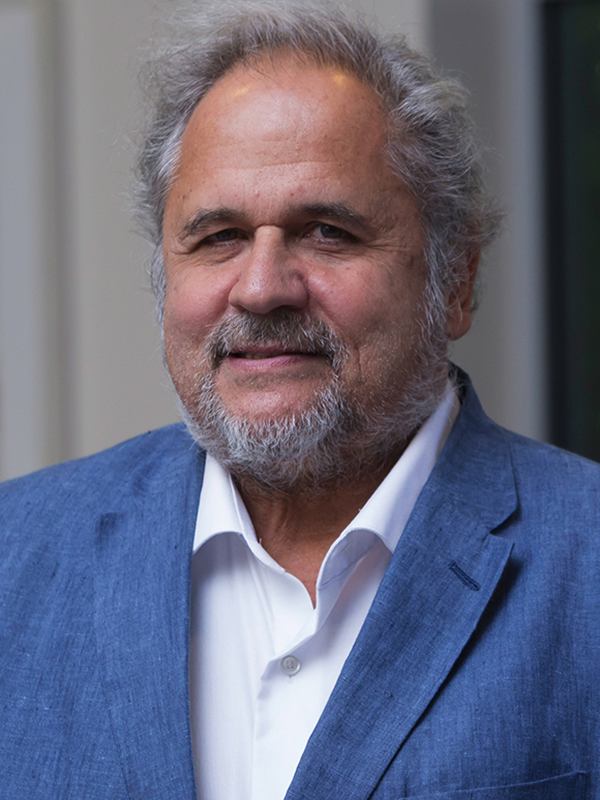By Courtney Lombardo

As a representative to the United Nations in Geneva for the International Association of Schools of Social Work (IASSW) for roughly a decade and professor of social work at Springfield College for 25 years, Joseph Wronka, PhD’92, has spent his career advocating for underrepresented populations and researching and advancing human rights policy around the world. Wronka was initially inspired by his father to develop a humanistic way of thinking and acting in his life and was encouraged by Heller Professor David Gil to undertake the task of reading and comparing federal and state constitutions to the U.N. Universal Declaration of Human Rights which then motivated his dissertation topic.
The Universal Declaration asserts that “All human beings are born free and equal in dignity and rights.” In Wronka’s most recent publication, Human Rights and Social Justice: Social Action and Service for the Helping and Health Professions (Sage, 2017) he presents, among other things, a comparison of that U.N. document with U.S. federal and state constitutions. “Freedom of speech can be a façade because often only the voices of the rich are heard,” says Wronka. “In the spirit of Louis D. Brandeis wherein states ought to act as ‘laboratories of democracy’ to extend rights not found in the federal constitution, the only other right repeatedly mentioned in state constitutions is education. We are teaching people the U.S. Bill of Rights, an important document certainly, but ultimately we’re teaching the wrong things.”
“Employment, health care, security in old age, and peace, for example are human rights and an educated layperson’s reading of those documents reveals that they are neither in the federal constitution nor state constitutions. In part, our emphasis upon the U.S. Bill of Rights has led to American exceptionalism that we are the greatest in human rights, but we’re not. Ultimately, we are prisoners to our past because of the lack of constitutional fiat for social, economic, cultural, and solidarity rights.”
Wronka’s experience is both domestic and global. He has given presentations and produced policy briefings as an IASSW representative and currently also represents the People’s Decade for Human Rights Education at the UN in New York City. He has also spoken at U.N. events about the intimate connection between the right of self-determination and the eradication of extreme poverty, often emphasizing minority groups, including indigenous populations who have been denied the right to self-determination. Wronka adds, “Indigenous populations in Alaska, and other groups, are victims of American imperialism and capitalism. Their right to self-determination has been violated and they really can’t determine their own destiny. The U.S. government had stated that it feels the term of right to self-determination is too strong, and that it should be the right to self-management of resources. The indigenous people think this nonsense. Their culture is about more than managing resources.”
He continues to work in various United Nations fora both domestically and abroad and will continue fighting for the creation of a human rights a culture, which he describes as “a lived awareness of human rights principles in our minds and hearts and dragged into our everyday lives.”
